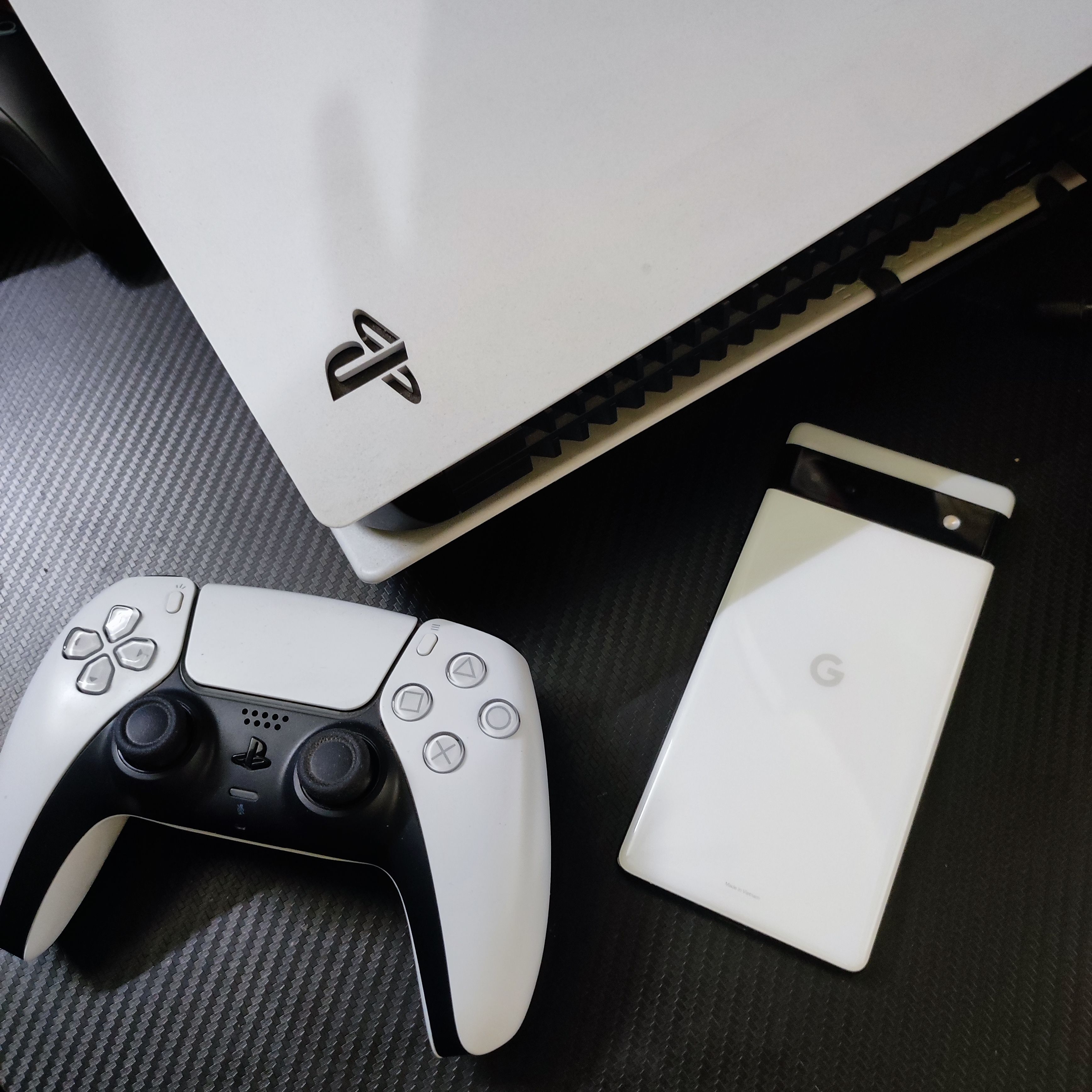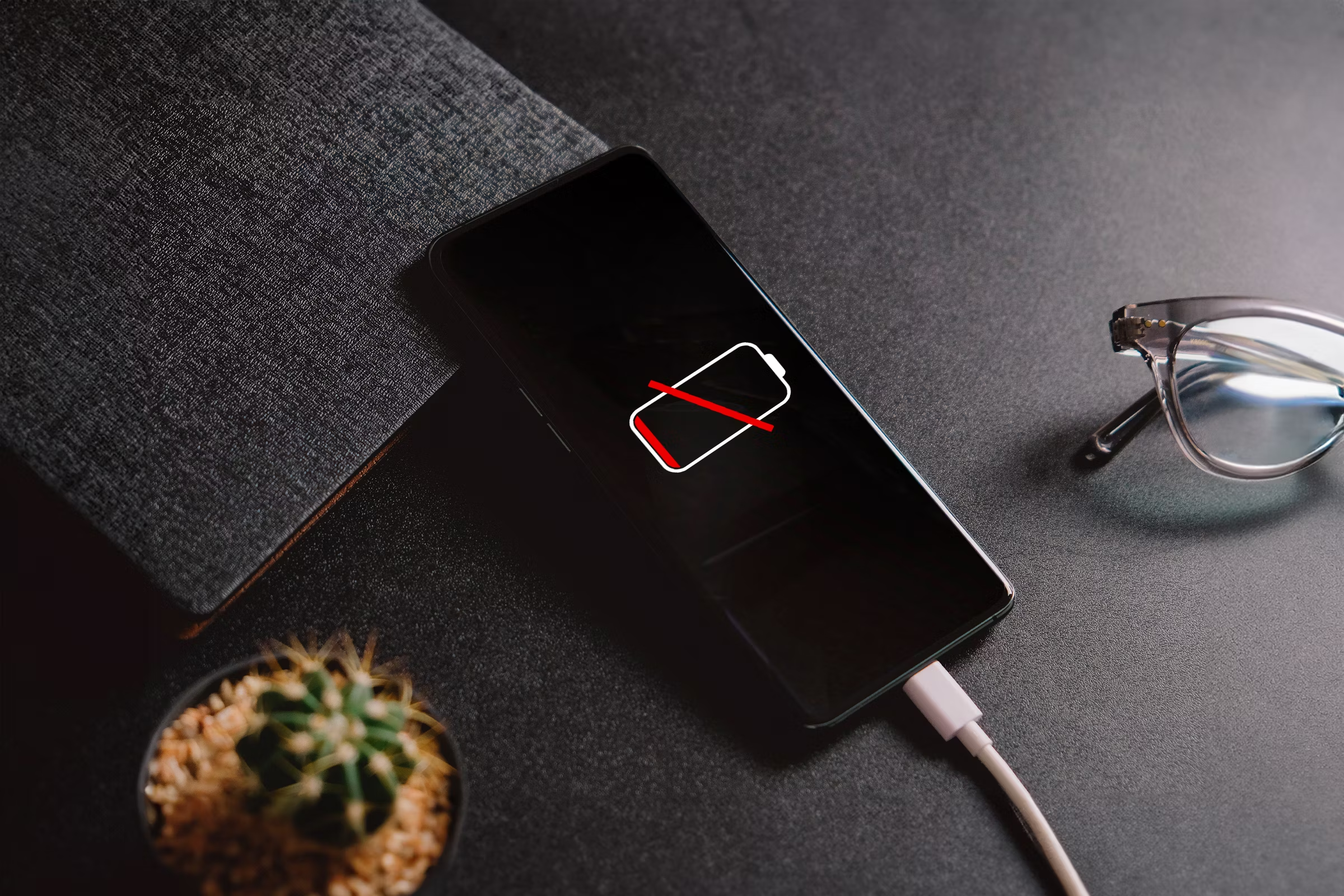Quick Links
Key Takeaways
- Keep the phone away from hot places: e.g., direct sunlight, car windshield, or next to other hot devices.
- Avoid using the phone while charging to prevent extra heat generation. Try to charge it overnight or during non-usage.
- Uninstall or limit the use of apps, causing overheating issues. Be cautious of buggy software updates.
Tired of your Android phone turning into a pocket warmer? There are a number of common things that can cause overheating in smartphones. Thankfully, there are also some effective strategies you can use to prevent it from happening more than it should.
What Causes Android Phones To Overheat
Before we talk about how to stop your Android phone from overheating, it’s useful to understand what causes it to heat up in the first place.
- Keeping your phone in a hot environment: This is the most overlooked reason for overheating. I’m personally guilty of keeping my Pixel 6a in my front pocket while sitting on a bus as the sunlight directly hits my jeans, warming up my phone.
- Using the phone while it’s charging: Just like any electronic device, phones generate heat when they are used. This also goes for heat generated while charging the battery—especially if you’re using a fast charger. So, if you’re using your phone while it’s charging, that’s double the heat generated, making it more noticeable.
- Overworking the processor: If you run certain games or apps that stress the processor, it will need to use more energy to deliver the required/desired level of performance. The increased energy consumption leads to more heat generation.
- Having poor network coverage: Your phone will work harder in areas of poor network reception to try and maintain cellular connectivity. This extra effort will cause increased battery drain, leading to overheating.
- Setting the screen brightness to max: Keeping your phone at maximum brightness and turning the screen on for a long time will cause significant battery drain and result in a noticeable spike in temperature.
- Keeping tons of apps open in the background or having unoptimized settings: If you have a ton of apps open in the background or settings that enable certain features to run perpetually, it’ll stress the processor and increase battery drain, causing overheating.
- Faulty manufacturing or design flaws: Phones manufactured using processors prone to getting hot will naturally cause the device to overheat. Also, slimmer phones, because the internals are tightly packed, tend to be hotter (literally and figuratively).
How To Prevent Your Android Phone from Overheating?
Now that you know what causes your Android phone to overheat, let’s discuss steps you can take to prevent it from happening.
Avoid Keeping The Phone in Warm/Hot Places
The simplest way to prevent overheating is just being more cognizant of where you keep your phone. Mounting your phone on the car windshield on a sunny day, keeping it on a window-facing desk that gets a lot of sunlight, or carrying it in your jeans pocket as your legs get blasted by the hot summer sun can all cause your phone to overheat.
Here’s something that happened to me. I have a PS5 on my desk, and I unconsciously used to keep my phone next to its vents. I was always puzzled as to why my phone got so hot after I picked it up following my Final Fantasy 16 playthroughs. Later, I realized the warm air from the PS5 was heating my phone, so I changed my habit and started keeping my phone at the other end of the desk.
The moral of the story is that you need to be more aware of your surroundings and actively keep your phone away from warm places.
Uninstall or Stop Using Apps Known To Cause Overheating
If you notice your phone getting super hot while you use certain apps, then the simplest fix would be to stop using them. There are 2 reasons why this can happen. Either the app is poorly optimized and overstressing the processor, or it is too demanding (like graphic intensive games or graphics editing software) and causing the processor to work extra time.
Whatever the reason, avoiding the app or limiting its usage to a couple of minutes at a time should reduce overall heating. Also, avoid keeping too many apps running in the background as this, too, can overwork the processor.
Be Cautious With New Software Updates
Smartphone companies generally push software updates to introduce new features or iron out known bugs. However an update can sometimes introduce a new bug, which can cause overheating. This is why I always delay updating my primary smartphone until I’m sure the update is stable and won’t cause any issues.
But how can you know if an update will cause an issue if you don’t update it? Well, if you use a smartphone from a popular brand like Samsung or Google, news outlets should cover buggy updates like this one here. Alternatively, you can join a subreddit like r/Pixel6aUsers and see if other people have any issues after updating their phones and make decisions accordingly.
Keep The Screen at Moderate Brightness
Personally, I turn on adaptive brightness on my phone, which automatically calibrates the screen brightness depending on the environment. However, some phones have a poor implementation of this auto-brightness feature where the screen either gets too bright or too dim, and that too, in unwanted situations. When this happens, I suggest disabling the auto-brightness and manually setting the brightness slider to a moderate level. This ensures the screen doesn’t end up draining too much battery, which in turn helps to keep the phone cooler.
While on the subject of screens, if you use Always-On Display, it can and will increase battery drain and cause heating. I’d recommend disabling this if your phone is prone to overheating.
Stop Using The Phone While It’s Charging
I know sometimes you just have to open that one app to do that one thing, but the battery is low, so you plug it in, and the phone heats up again. The best way to solve this issue is by developing a charging habit. Either charge your phone overnight, or when you take a shower, or while you’re commuting in your car. Basically, charge it when you know you won’t be using it.
Use an officially supported charger. Sometimes, the wrong charger can cause overheating issues and also damage the battery.
Turn on Airplane Mode In Areas of Poor Connectivity (as long as you’re safe)
Enabling airplane mode will stop the phone from trying to connect to different network towers. It will also disable Wi-Fi and Bluetooth, reducing further stress on the battery and stop overheating.
However, safety takes precedence over a hot smartphone. If you’re lost and need to make a phone call, then don’t use airplane mode and prioritize getting a signal and calling for help.
Avoid Buying a Phone Known To Overheat
Some smartphones are inherently more likely to overheat. This can either be a fault of the manufacturer or a result of the processor it’s using. For example, the Snapdragon 8 Plus Gen 1 was infamous for overheating, and all phones powered by it suffered from heating issues. That said, even with a good processor, if the manufacturer fails to properly optimize it with the rest of the hardware and software, that can also cause overheating.
This is why it’s super important to research before buying a new smartphone. Don’t limit yourself to just reading the spec sheet. Read or watch reviews and listen to what other users are saying about the smartphone before making the purchase.
An overheating smartphone isn’t just uncomfortable to use, but it also damages the smartphone’s battery. Thankfully, by implementing the discussed strategies, you can easily stop your device from overheating and potentially boost its lifespan.






